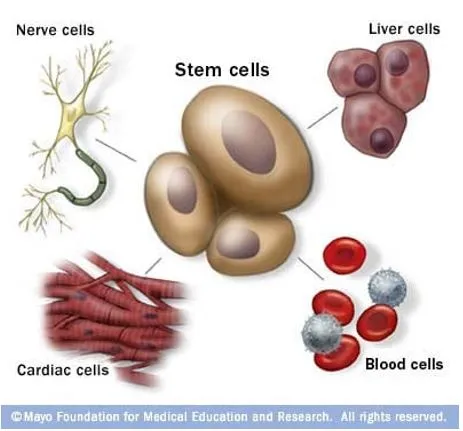

4th October 2024 (17 Topics)
Context
A woman from Tianjin, China, has made history by becoming the first person to successfully reverse her type 1 diabetes through an innovative stem cell procedure.
What is Type 1 Diabetes?
- Diabetes is a Non-Communicable Disease (NCD)that occurs either when the pancreas does not produce enough insulin (a hormone that regulates blood sugar, or glucose), or when the body cannot effectively use the insulin, it produces.
- Type 2 diabetesis age-related; it often develops at the age of 45 and beyond.
- Type 1 diabetesis largely genetic in nature, while Type 2 depends on the lifestyle of the individual.
- Type 1 diabetes is an autoimmune disorder where the immune system attacks and destroys insulin-producing cells in the pancreas.
- This condition forces patients to rely on external insulin and immunosuppressants for management.
- Unlike type 2 diabetes, which is often associated with lifestyle factors, type 1 diabetes has no known cure, with the closest option previously being islet-cell transplants—a procedure limited by a shortage of donor cells.
The Innovative Stem Cell Procedure
- In this landmark case, Chinese researchers utilized the patient’s own stem cells, reprogramming them into insulin-producing islet cells. These reprogrammed cells were injected into the abdominal muscles, a novel approach that allows for real-time monitoring via MRI.
- Procedure Details:
- Stem Cell Harvesting: Healthy stem cells were extracted from the patient’s bone marrow, blood, or cord blood.
- Conditioning: The patient underwent chemotherapy or radiation to prepare for the transplant.
- Transplantation: The stem cells were injected to replace the damaged cells.
- Recovery: The patient was monitored for progress.
- Within just two and a half months post-treatment, the patient began producing sufficient insulin independently, eliminating the need for external insulin.
Fact Box: What Are Stem Cells?
|




